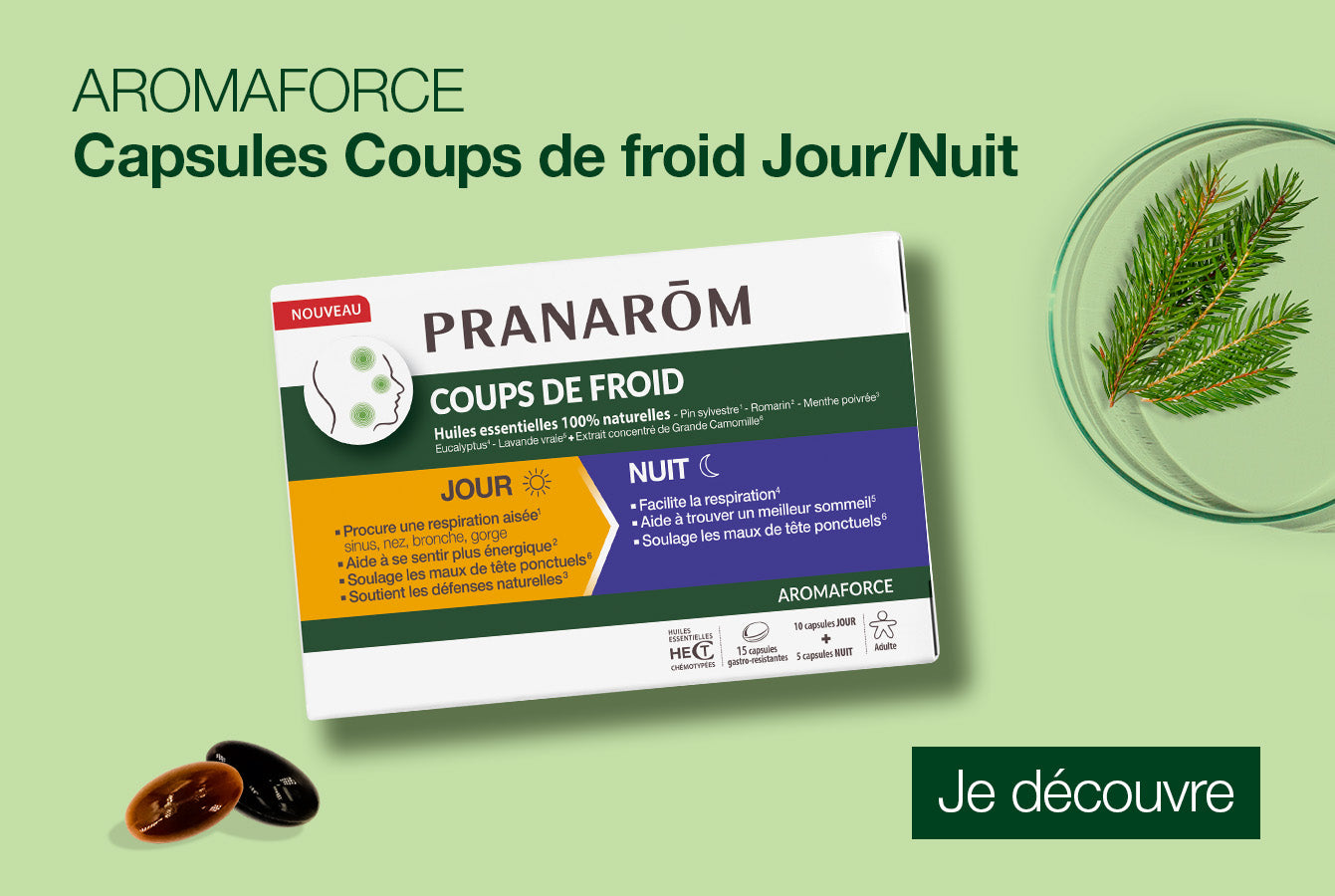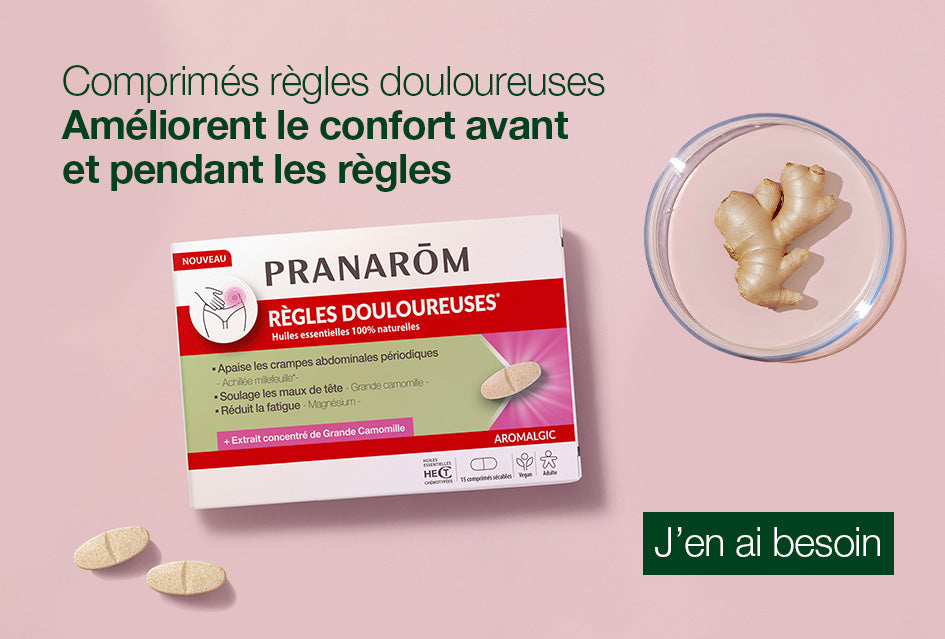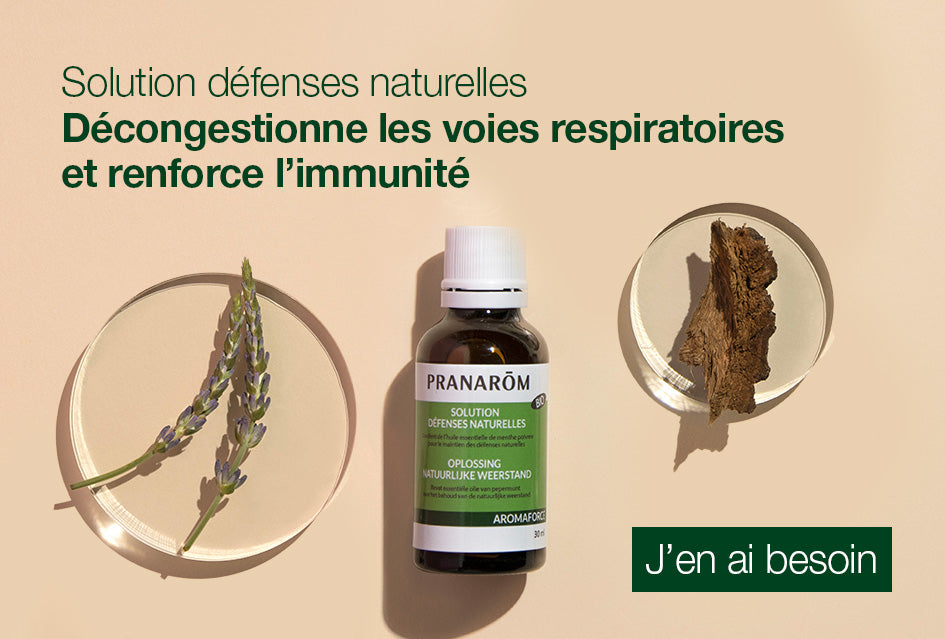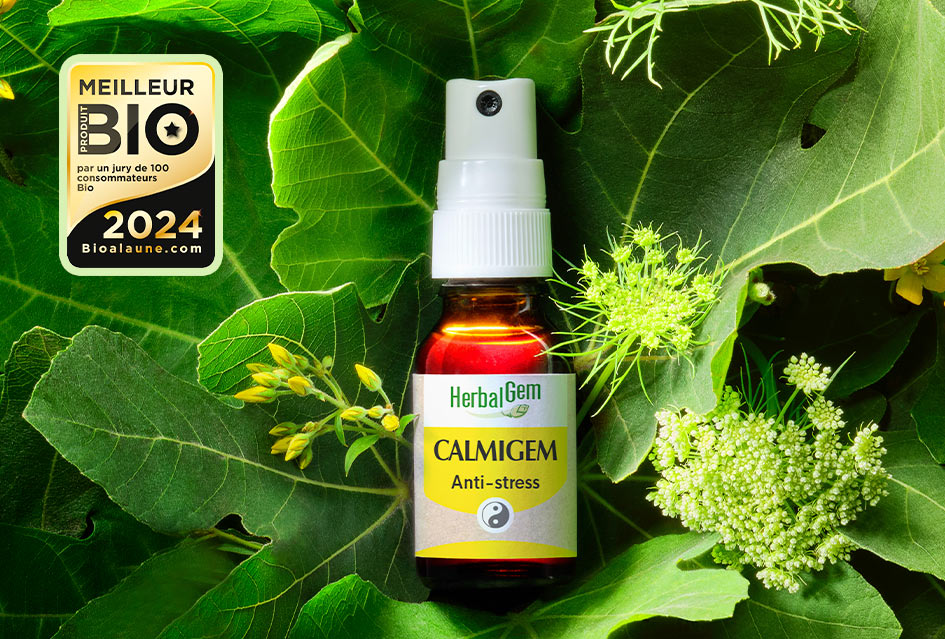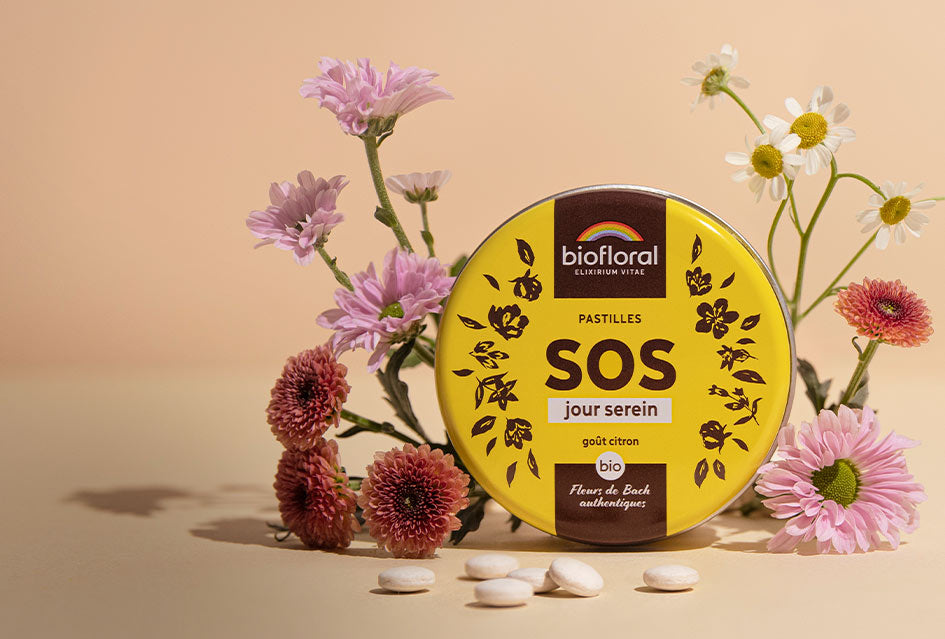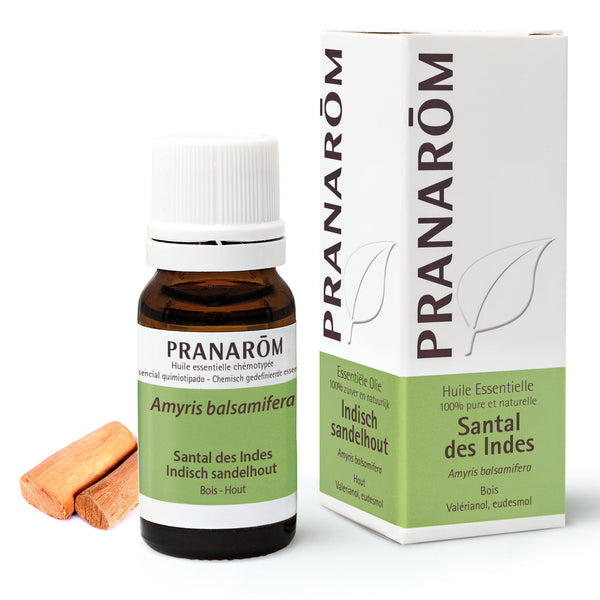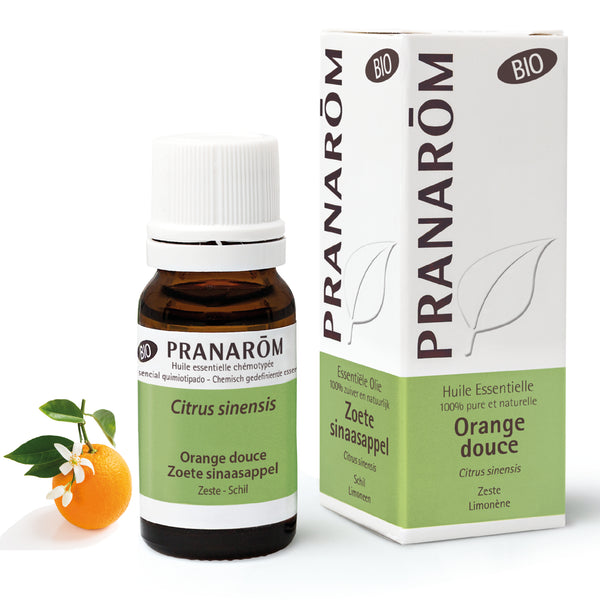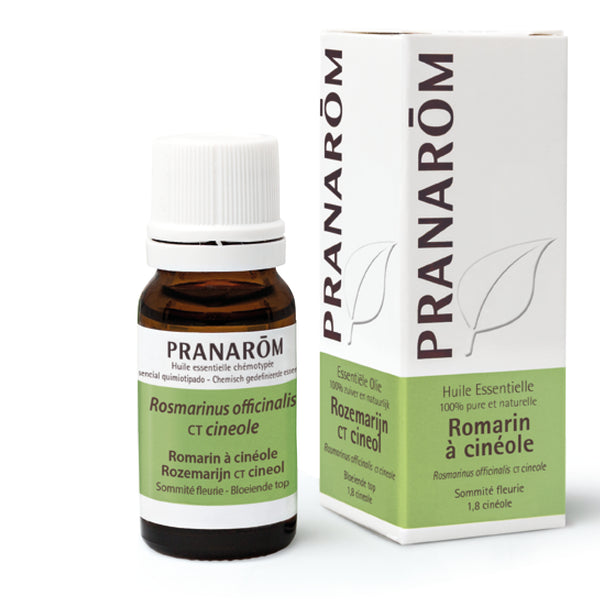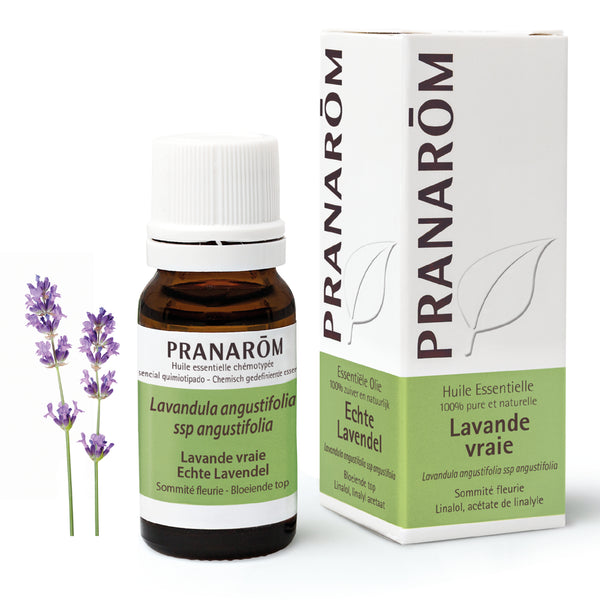The biochemical power of Essential Oils and its procession of essential physical actions for natural well-being are beginning to be acclaimed by a wide audience.
The emotional information transmitted by the smell of essential oils is, however, much less well-known. However, its link with our instinct and its physical and emotional resonances give this "science of smell" impressive virtues.
Olfactotherapy uses the natural benefits of plants to promote emotional and mental health: Pranarōm explains how it works.
What is olfactotherapy?
Olfactotherapy is a therapeutic technique using scents and essential oils to influence emotions, mood, and general well-being.
It relies on the power of scents to stimulate the limbic system, the part of the brain involved in emotions and memory.
By inhaling specific aromas, individuals can access memories, reduce stress, improve their mood, and treat various psychological and emotional disorders.
Olfactotherapy is often used in conjunction with other forms of therapy to support mental and emotional well-being.
It is a science of Essential Oils , a branch of aromatherapy that uses essential oils from plants for well-being. An Essential Oil is an aromatic substance unique to each plant species, whose smell can vary depending on the year and the biotope.
In aromatherapy , essential oils act on 3 levels:
- Physical plane : composed of quantifiable molecules, they can relieve symptoms such as pain or inflammation;
- Energy plan : they carry the energy of the plant, harmonizing our energy centers (chakras in Ayurvedic medicine);
- Psycho-emotional level : in olfactotherapy, the inhalation of essential oils plays a role on the olfactory neurons, sending signals to the limbic system, the seat of our emotions.
Olfactotherapy, managing emotions through smells
A very personal perception
The way we perceive a smell varies greatly depending on the person and the circumstances.
The chemical signal is transformed into a nerve impulse which will be transmitted to the limbic brain, the seat of memory and emotions , which explains the very intimate reactions induced by odors.
These depend not only on the person's experience but also on their nervous, emotional and hormonal balance at the time of receiving the smell.
Olfactory memory
It is scientifically proven that odor molecules have a direct influence on the central nervous and endocrine systems , which in turn influence behavior and/or physiology.
Context is also a key element: the emotion of the moment will directly influence the perception of the smell by the brain as being good or bad, pleasant or unpleasant.
A sensation that is bound to remain marked in the unconscious, which explains why smells have this almost magical power to “reactivate the past”.
The door to the unconscious
Through smells we can smell, feel, even sense what is irrational in us.
They are located at the crossroads of sensoriality and self-knowledge, while connecting us to our own history and our environment.
Essential Oils , as a particularly pure and powerful olfactory medium , therefore have the power to calm, release and regulate emotions, undo knots, evoke memories, but also to promote refocusing, intuition, creativity, etc.
They directly influence the nervous system, by regulating the heart rate or even breathing.
The benefits of olfactotherapy
Reduction of stress and anxiety
Olfactotherapy uses Lavender Essential Oil for its calming properties. Lavender is well known for reducing stress and anxiety , helping to calm the nervous system and promote a feeling of relaxation and serenity. Its sweet, floral aroma is often used in diffusions or baths to create a relaxing environment.
Maintaining mood
Sweet Orange Essential Oil is ideal for supporting mood in olfactotherapy. Its fresh, fruity scent is invigorating and can help combat feelings of depression and sadness .
It also supports the immune system, bringing a feeling of joy and well-being. Inhaling this oil can provide an immediate emotional boost.
Impact on memory and concentration
In olfactotherapy, Rosemary Essential Oil is known to optimize memory and concentration.
It promotes mental clarity and helps one stay focused on tasks. The herbal aroma of rosemary is often used in work or study environments to increase productivity and alertness.
Relief of physical symptoms
Peppermint Essential Oil is effective in relieving various physical symptoms, such as headaches and muscle tension.
Its refreshing and analgesic effect provides rapid relief, particularly useful in cases of pain or muscle fatigue.
Inhaling peppermint can also help open the airways and promote concentration.
Maintaining general well-being
Sandalwood is often used to support overall well-being. Its earthy, sweet aroma has a calming effect on the mind , helping to harmonize emotions and promote a sense of inner peace.
It is also interesting for meditation and deep relaxation practices.
The power of essential oils in olfactotherapy
Studies show that substances with similar odors have similarly shaped molecules, and therefore the shape of a molecule determines the nature of its odor.
The olfactory potential of Essential Oils can therefore be studied according to the biochemical family to which it belongs, which makes it possible to intuitively determine the olfactory potential of an Essential Oil by looking at its biochemical family, provided of course that the person already appreciates its smell, a sine qua non condition for its effectiveness.
Olfactotherapy therefore uses Essential Oils to exploit the power of odors and their impact on emotions and well-being. Here are some key aspects of their power:
- Emotion Management : The aromas of Essential Oils act directly on the limbic system of the brain, influencing emotions and memories;
- Stress and Anxiety Reduction : Certain Essential Oils, such as Lavender and Chamomile, are known for their calming properties and can help reduce stress and anxiety;
- Mood Support : Essential Oils like Sweet Orange or Bergamot have revitalizing effects that can affect mood and combat depression;
- Optimizing Focus : Rosemary or Peppermint Essential Oils can maintain focus and mental clarity;
- Reduction of physical symptoms : Certain Essential Oils can also help alleviate physical symptoms linked to emotions, such as headaches or muscle tension.
Safe use of essential oils in olfactotherapy
Olfactotherapy is not a science to be taken lightly.
It is crucial to follow some precautions for use to benefit from all the benefits of Essential Oils in a safe and effective manner:
- Dilution : Always dilute Essential Oils in a carrier oil before applying to the skin to avoid irritation.
- Dosage : follow the recommended dosages and do not exceed the recommended quantities.
- Diffusion : Use an Essential Oil diffuser to diffuse them into the air. Diffuse for 15-30 minutes maximum to avoid excessive exposure. Make sure to ventilate the room well after diffusion.
- Direct inhalation : put a few drops of essential oil on a handkerchief or in a bowl of hot water to inhale the vapors. Do not inhale directly from the bottle to avoid excessive concentration.
- Allergy testing : Perform a skin test on a small area of skin to check tolerance. Wait 24 hours to observe any allergic reaction before wider use.
- Special Precautions : Some Essential Oils, such as Peppermint or Eucalyptus, may be too potent for young children or pregnant women. Consult a healthcare professional before using essential oils in these cases.
- Storage : Store Essential Oils in dark glass bottles, away from light and heat to preserve their properties. Keep out of reach of children and pets.


